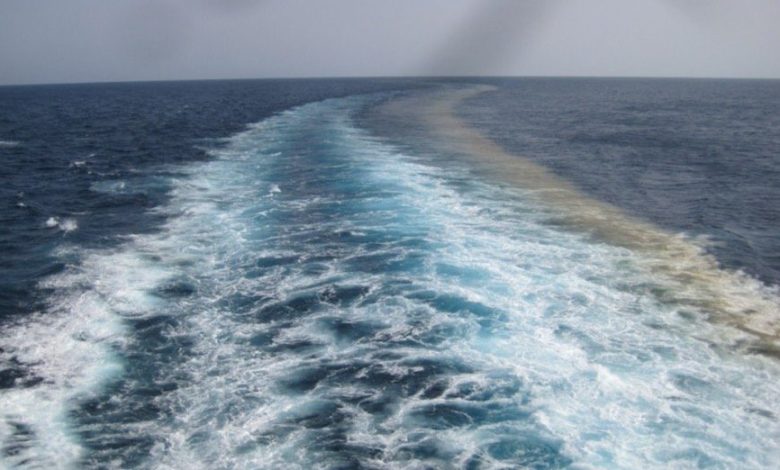The growing challenge of illegal waste dumping

Vincent Favier, CEO of Ecoslops, on owners’ failure to handle waste materials properly.
Slops and sludges are a by-product of all vessels in the global fleet. They are a hydrocarbon-rich industrial waste, produced in various parts of a ship’s operations, including tank cleaning, purifying fuels and using ballast water. How much each vessel produces depends on its operations, the size of the vessel, its maintenance and age, as well as various other factors.
With 90% of the world’s goods transported by ships, using a combined 350m tonnes of fuel oil to function per year, the waste material is considerable. It is estimated that 98m tonnes of slops are generated every year, and all of this industrial waste needs to be disposed of without impact on the environment.
Although many shipowners dispose of their slops in accordance with MARPOL Convention 73/78 and European Directive 59/2000 regulations, this is not always the case. In the headlines of the maritime press recently we have seen two high-profile slop dumping cases being brought to court. The resulting charges have left the companies with significant fines, reaching up to $1m, and crew facing felony charges for their part in the illegal discarding of slops.
Unfortunately, in addition to these cases, smaller – but still significant – incidents occur on a regular basis. The United Nations Environment Programme (UNEP) estimates that at least 3,000 incidents occur each year in which oily waters are deliberately dumped in European waters. The scale of the issue becomes apparent when we consider how high this figure may be if we were to expand it to encompass all global trading routes.
It is fair to suggest that some of this illegal activity is spurred on by the difficulties ship owners and operators may face when it comes to the legal and sustainable disposal of slops. Where previously, sectors such as the building and construction used to provide a reliable market for slop collectors to sell to, the recent low cost of crude oil has encouraged these markets to invest in purer, virgin fuels, removing the market for slop disposal. Slops are therefore building up in ports, many of which do not have the adequate reception facilities to deal with the buildup. Their slops tanks are becoming physically full, yet vessels do not have the tank capacity or indeed the desire to keep the waste product on board.
Radical change is needed from the shipping industry, and solutions are becoming available to tackle the problem of sustainable slips disposal. Only through innovative solutions that are beginning to come onto the market can we make the legal and sustainable disposal of slops more attractive to ship operators, and tackle the numerous smaller-scale spills that don’t gather the media attention.
